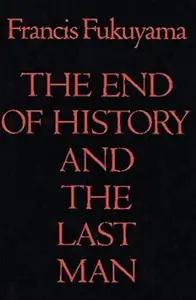The End of History and the Last Man
By Francis Fukuyama
Category
HistoryRecommended by
"The End of History and the Last Man" by Francis Fukuyama is a thought-provoking and influential book that explores the concept of human history reaching its final stage of development. Fukuyama argues that the fall of the Soviet Union and the spread of liberal democracy marked the culmination of humanity's ideological evolution, leading to the universally desired political system. He suggests that with the triumphant victory of liberal democracy, other ideologies have lost their appeal and no alternative forms of governance exist to challenge its authority.
The author takes inspiration from the philosophies of Friedrich Hegel and Alexandre Kojève, stating that history is driven by a universal struggle for recognition and that the end of history is reached when liberal democracy provides the utmost recognition and satisfaction of human desires. Fukuyama acknowledges potential shortcomings of liberal democracy, such as economic inequality and its inability to provide a strong sense of purpose for individuals. However, he believes that these issues can be addressed within the framework of liberal democracy itself.
Fukuyama further explores the idea of human nature and its connection to the end of history. He argues that human beings are primarily driven by a longing for dignity, equality, and self-realization, and these universal desires are best satisfied by liberal democracy. He also delves into the impact of technological advancements and economic globalization on history, emphasizing their role in perpetuating liberal democracy.
While some critics have challenged Fukuyama's assertion that liberal democracy is the ultimate endpoint of history, "The End of History and the Last Man" remains a significant work that sparks debates about the future of governance and the nature of human progress. This thought-provoking book forces readers to critically examine the trajectory of history and question the potential challenges that lie ahead in an ostensibly liberal democratic world.
The author takes inspiration from the philosophies of Friedrich Hegel and Alexandre Kojève, stating that history is driven by a universal struggle for recognition and that the end of history is reached when liberal democracy provides the utmost recognition and satisfaction of human desires. Fukuyama acknowledges potential shortcomings of liberal democracy, such as economic inequality and its inability to provide a strong sense of purpose for individuals. However, he believes that these issues can be addressed within the framework of liberal democracy itself.
Fukuyama further explores the idea of human nature and its connection to the end of history. He argues that human beings are primarily driven by a longing for dignity, equality, and self-realization, and these universal desires are best satisfied by liberal democracy. He also delves into the impact of technological advancements and economic globalization on history, emphasizing their role in perpetuating liberal democracy.
While some critics have challenged Fukuyama's assertion that liberal democracy is the ultimate endpoint of history, "The End of History and the Last Man" remains a significant work that sparks debates about the future of governance and the nature of human progress. This thought-provoking book forces readers to critically examine the trajectory of history and question the potential challenges that lie ahead in an ostensibly liberal democratic world.
Share This Book 📚
More Books in History
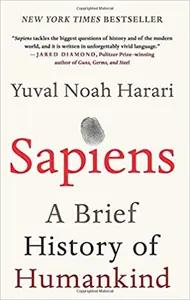
Sapiens
Yuval Noah Harari
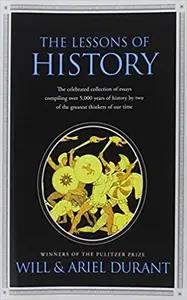
The Lessons of History
Will & Ariel Durant
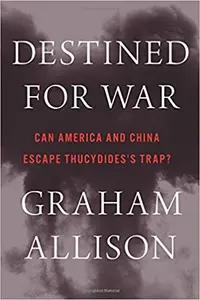
Destined For War
Graham Allison
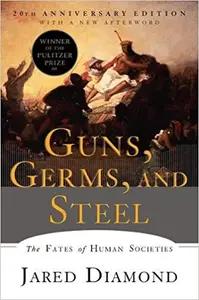
Guns, Germs, and Steel
Jared Diamond
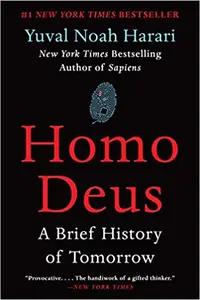
Homo Deus
Yuval Noah Harari
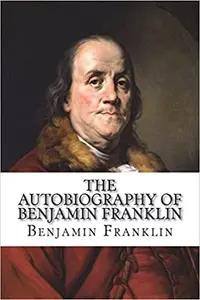
The Autobiography of Benjamin Franklin
Benjamin Franklin
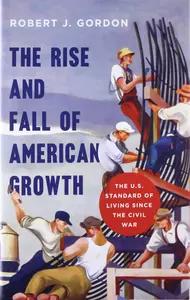
The Rise And Fall Of American Growth
Robert J. Gordon

Titan
Ron Chernow
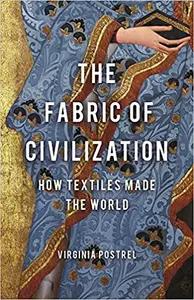
The Fabric of Civilization
Virginia Postrel
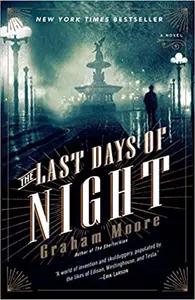
The Last Days of Night
Graham Moore
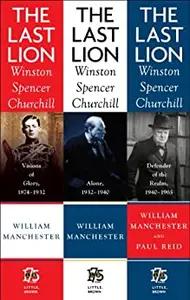
The Last Lion
Paul Reid
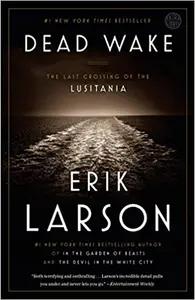
Dead Wake
Erik Larson
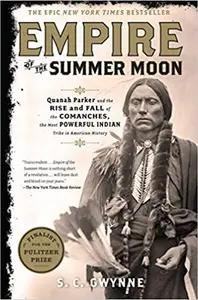
Empire of the Summer Moon
S.C. Gwynne
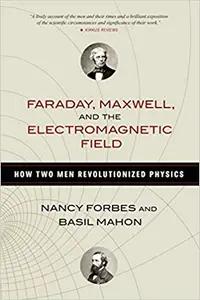
Faraday, Maxwell, and the Electromagnetic Field
Nancy Forbes
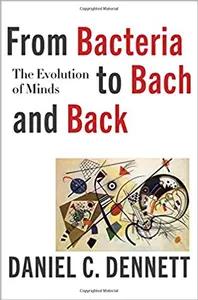
From Bacteria to Bach and Back
Daniel Dennett

Guns, Sails, and Empires
Carlo M. Cipolla
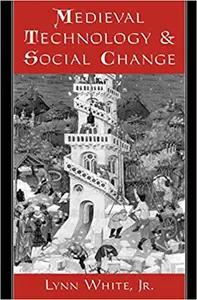
Medieval Technology and Social Change
Lynn White
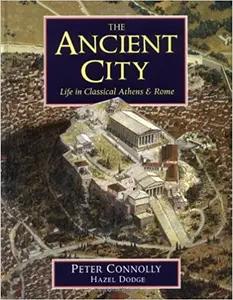
The Ancient City
Peter Connolly
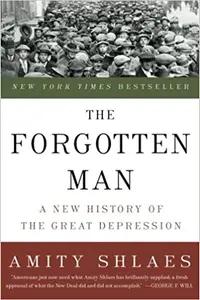
The Forgotten Man
Amity Shales
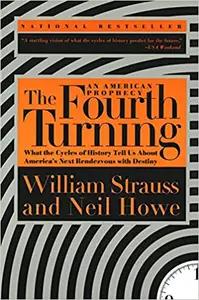
The Fourth Turning
William Strauss
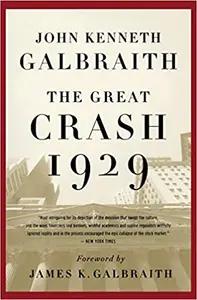
The Great Crash of 1929
John Kenneth Galbraith
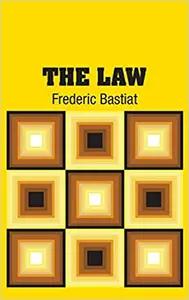
The Law
Frederic Bastiat
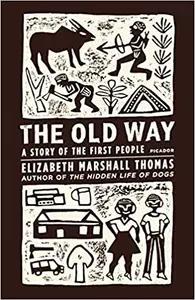
The Old Way
Elizabeth Marshall Thomas
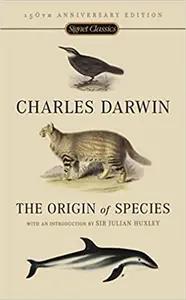
The Origin of Species
Charles Darwin
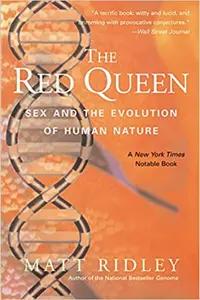
The Red Queen
Matt Ridley
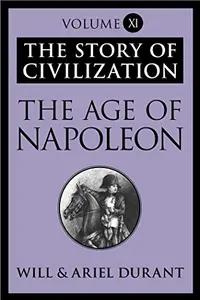
The Story of Civilization
Will & Ariel Durant
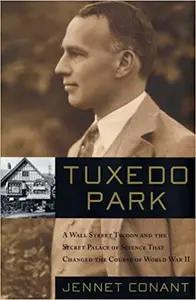
Tuxedo Park
Jennet Conant
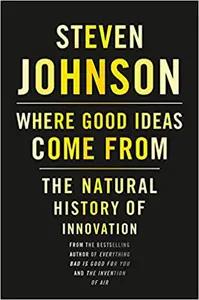
Where Good Ideas Come From
Steven Johnson
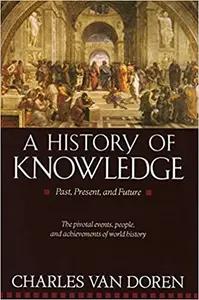
A History of Knowledge
Charles Van Doren
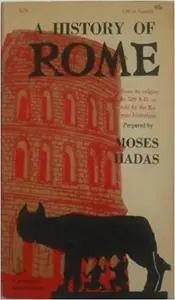
A History of Rome
Moses Hadas
Popular Books Recommended by Great Minds 📚
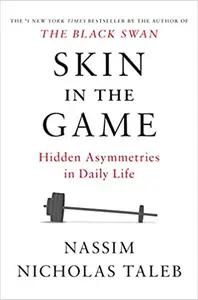
Skin In The Game
Nassim Taleb

Hillbilly Elegy
J.D. Vance
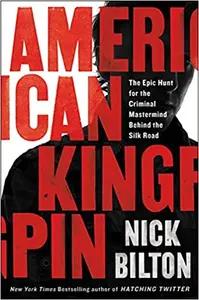
American Kingpin
Nick Bilton
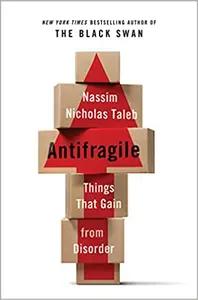
Antifragile
Nassim Nicholas Taleb
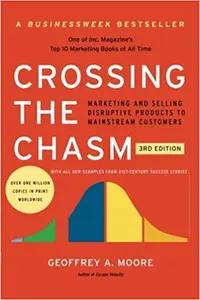
Crossing the Chasm
Geoffrey Moore
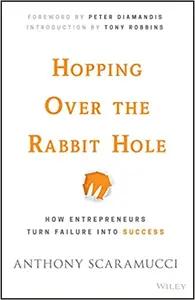
Hopping Over The Rabbit Hole
Anthony Scaramucci

The Autobiography of Benjamin Franklin
Benjamin Franklin
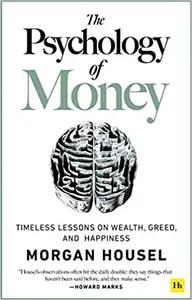
The Psychology of Money
Morgan Housel
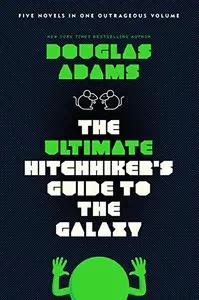
The Hitchhikers Guide to the Galaxy
Douglas Adams
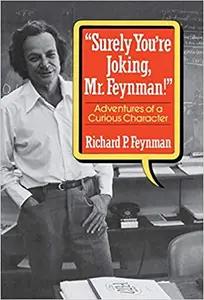
Surely You're Joking Mr. Feynman
Richard Feynman

Homo Deus
Yuval Noah Harari

The Intelligent Investor
Benjamin Graham
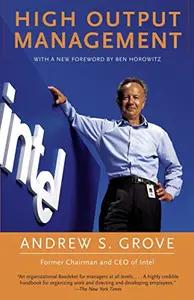
High Output Management
Andrew Grove
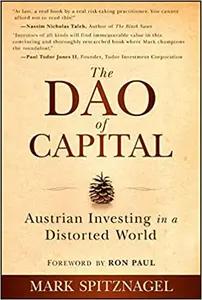
The Dao of Capital
Mark Spitznagel
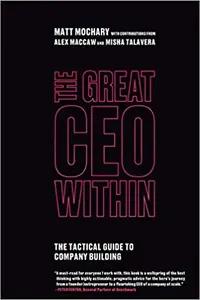
The Great CEO Within
Matt Mochary
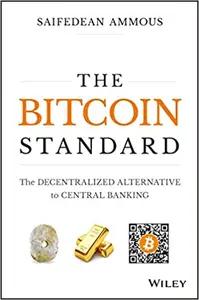
The Bitcoin Standard
Saifedean Ammous
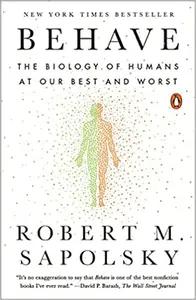
Behave
Robert Sapolsky
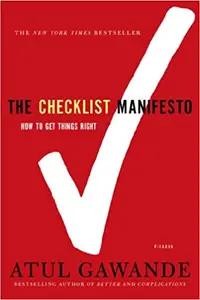
The Checklist Manifesto
Atul Gawande
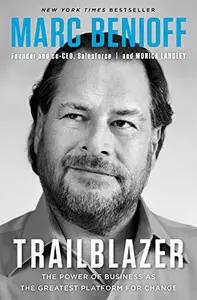
Trailblazer
Marc Benioff
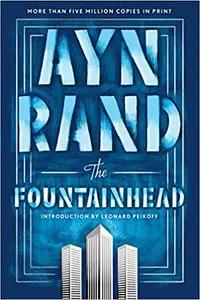
The Fountainhead
Ayn Rand
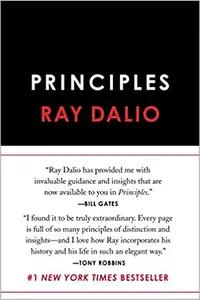
Principles
Ray Dalio
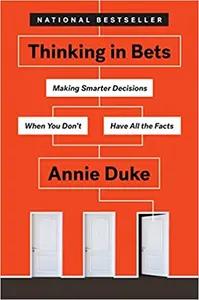
Thinking In Bets
Annie Duke
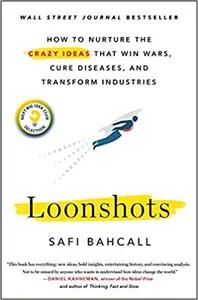
Loonshots
Safi Bahcall
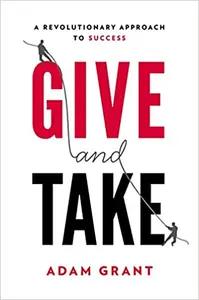
Give and Take
Adam Grant
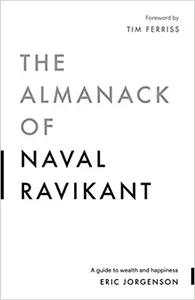
The Almanack of Naval Ravikant
Eric Jorgenson
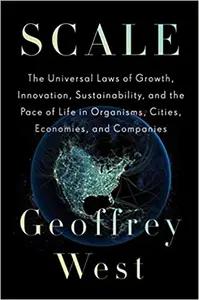
Scale
Geoffrey West

Lying
Sam Harris
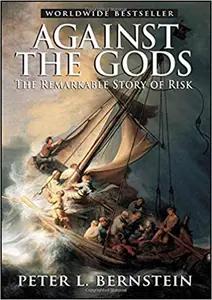
Against The Gods
Peter Bernstein
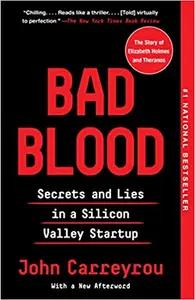
Bad Blood
John Carreyrou

Sapiens
Yuval Noah Harari
